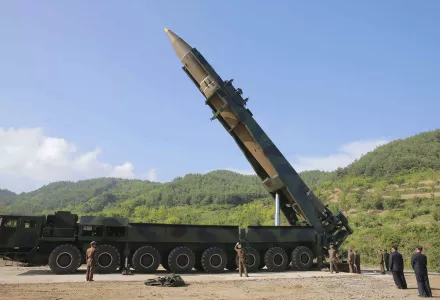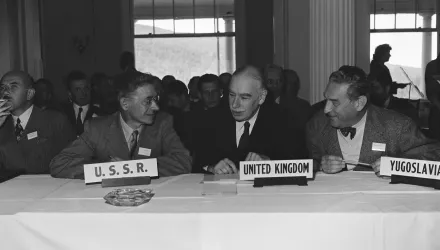International Security is America's leading peer-reviewed journal of security affairs.

Summary
Despite two decades of dedicated and costly efforts, the Ground-based Midcourse Defense (GMD) missile defense system remains unproven and unreliable in deterring North Korea’s threat to use intercontinental ballistic missiles. GMD and other U.S. missile defense efforts have provoked serious concerns in Russia and China that these defenses may threaten their nuclear deterrents. An airborne boost-phase intercept system may offer an alternative missile defense architecture against North Korea without threatening Russian or Chinese deterrents.
Jaganath Sankaran and Steve Fetter, "Defending the United States: Revisiting National Missile Defense against North Korea," International Security, Vol. 46, No. 3 (Winter 2021/22), pp. 51–86, https://doi.org/10.1162/isec_a_00426.







